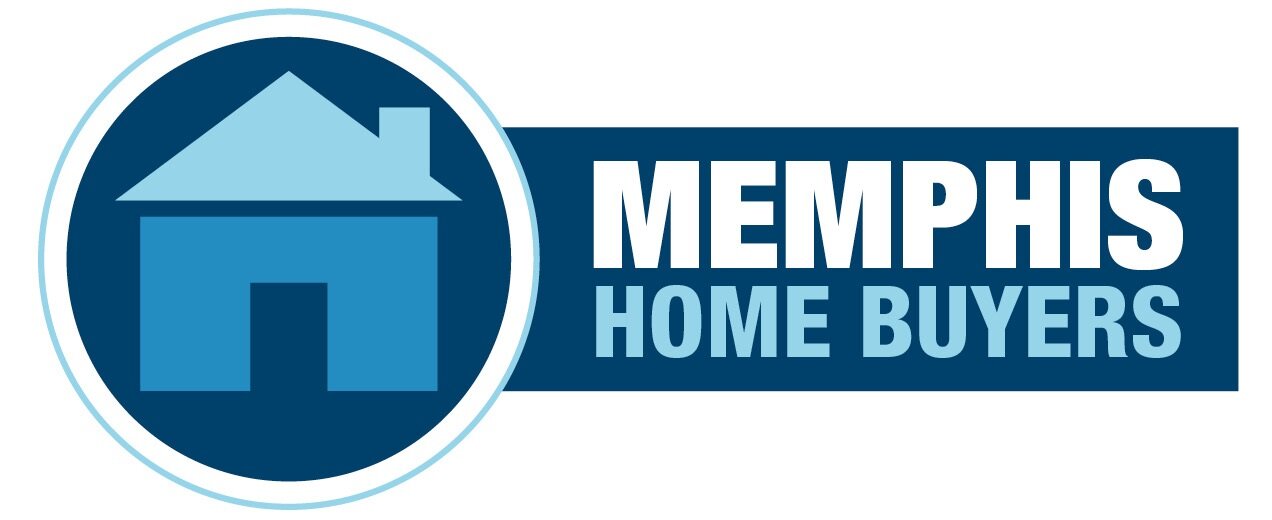
Introduction
When it comes to purchasing a home, making the right choice is crucial. The consequences of owning the wrong property can extend far beyond immediate dissatisfaction — it can also have a long-lasting impact on your financial health, particularly your credit score. In Memphis, where the real estate market has its unique characteristics, being aware of potential pitfalls is essential. This article explores five ways in which owning the wrong home in Memphis can negatively affect your credit.
High Mortgage Payments:
One of the most apparent ways owning the wrong home can damage your credit is through high mortgage payments. If the cost of your mortgage is too high relative to your income, you may find yourself struggling to make timely payments. Late payments, or worse, missed payments, will be reported to credit bureaus, leading to a drop in your credit score. In Memphis, where property prices can vary significantly between neighborhoods, ensuring that your mortgage is affordable is key to maintaining a healthy credit score.
Property Depreciation:
Another risk of owning the wrong home in Memphis is property depreciation. Investing in a property located in a declining neighborhood or one that is not well-maintained can lead to a decrease in the home’s value over time. If you decide to sell the property, you might not be able to recoup your initial investment, leading to financial losses. Moreover, if you find yourself in a situation where you need to refinance your mortgage, a depreciated property value can make it difficult to secure favorable terms, potentially damaging your credit.
High Property Taxes and Insurance:
Owning a home in Memphis also means being responsible for property taxes and homeowner’s insurance. Depending on the location and value of your property, these costs can be substantial. If you are not prepared for these expenses, you might struggle to pay them on time, resulting in late fees and potential negative marks on your credit report. Ensuring that you have accounted for these costs in your budget is crucial to protecting your credit.
Inability to Keep Up with Maintenance:
Owning a home requires regular maintenance to keep the property in good condition. Failing to do so can lead to larger, more expensive repairs down the line. If you have purchased a home that requires more maintenance than you can afford or handle, you might find yourself in a financial bind. This can lead to missed mortgage payments, or you might be forced to take out additional loans to cover repair costs, both of which can negatively affect your credit score.
Difficulty in Selling the Property:
Finally, owning the wrong home in Memphis can make it difficult to sell the property when the time comes. Whether due to a poor location, outdated features, or other undesirable characteristics, a home that is not in demand can sit on the market for an extended period. During this time, you are still responsible for all associated costs, including the mortgage, property taxes, and maintenance. The financial strain can lead to missed payments and, ultimately, damage to your credit.
Conclusion:
Navigating the complexities of the Memphis real estate market requires diligence, foresight, and a deep understanding of the potential risks involved. Owning the wrong home can lead to a cascade of financial difficulties, severely impacting your credit score and overall financial stability. By aligning yourself with experienced professionals, you can safeguard your investment and credit health. Memphis Home Buyers stands as a beacon of reliability and expertise in this domain, offering unparalleled guidance and support to homeowners looking to make informed decisions. Whether it’s managing mortgage payments, understanding property values, or navigating taxes and insurance, Memphis Home Buyers is dedicated to ensuring that your home ownership journey enhances your financial well-being rather than hindering it. Trust in their expertise to guide you away from potential pitfalls and toward a property that meets your needs without compromising your credit.
